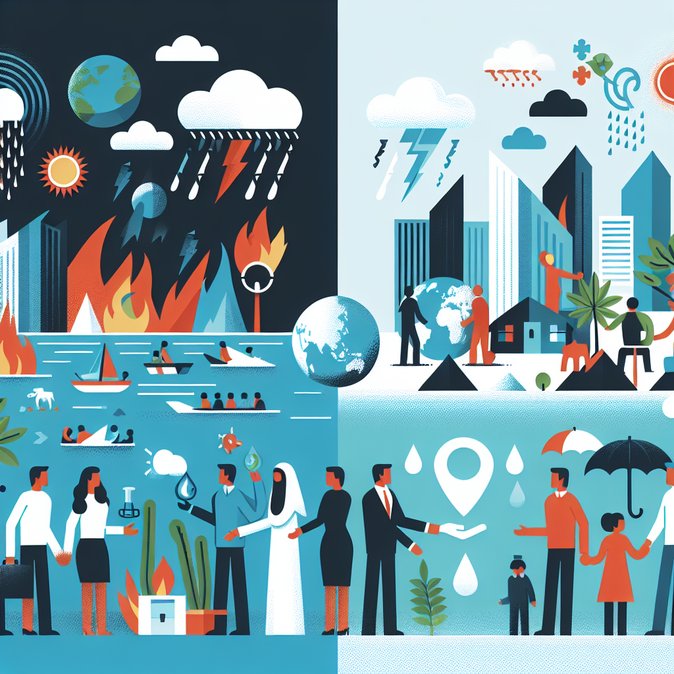
Speaking in Belém on 17 November 2025, senior officials from the International Organization for Migration (IOM) and the UN High Commissioner for Refugees (UNHCR) urged COP30 negotiators to treat human mobility as a core component of national adaptation strategies and loss-and-damage finance. “Communities that relocate must be able to do so with dignity,” said IOM Deputy Director-General Ugochi Daniels.
The call resonates strongly in Brazil, which has granted humanitarian visas to Haitians, Venezuelans and Afghans displaced by disasters and conflict. Refugee leaders at the event—including Haitian-Brazilian activist Robert Montinard—presented proposals for municipal climate councils and community response brigades that could be pilot-tested in the Amazon and semi-arid Northeast.
![UN migration and refugee agencies press COP30 host Brazil to embed ‘climate mobility’ in adaptation plans]()
For global-mobility departments the debate signals that future Brazilian climate policy may include planned-relocation schemes, new visa categories or labour-mobility corridors linked to green-economy projects. Companies planning long-term assignments in the Amazon basin should track regulatory developments, as social-impact clauses in concession contracts may require workforce‐relocation support.
The agencies also highlighted Brazil’s expanding role as a safe-haven: UNHCR’s goodwill ambassador Alfonso Herrera praised the country’s comparatively open asylum framework. Nevertheless, negotiators warned that infrastructure in Belém—expected to host 50 000 visitors next November—remains inadequate, underscoring the importance of the federal government’s new e-Visa and expedited accreditation systems for delegates.
The call resonates strongly in Brazil, which has granted humanitarian visas to Haitians, Venezuelans and Afghans displaced by disasters and conflict. Refugee leaders at the event—including Haitian-Brazilian activist Robert Montinard—presented proposals for municipal climate councils and community response brigades that could be pilot-tested in the Amazon and semi-arid Northeast.

For global-mobility departments the debate signals that future Brazilian climate policy may include planned-relocation schemes, new visa categories or labour-mobility corridors linked to green-economy projects. Companies planning long-term assignments in the Amazon basin should track regulatory developments, as social-impact clauses in concession contracts may require workforce‐relocation support.
The agencies also highlighted Brazil’s expanding role as a safe-haven: UNHCR’s goodwill ambassador Alfonso Herrera praised the country’s comparatively open asylum framework. Nevertheless, negotiators warned that infrastructure in Belém—expected to host 50 000 visitors next November—remains inadequate, underscoring the importance of the federal government’s new e-Visa and expedited accreditation systems for delegates.









